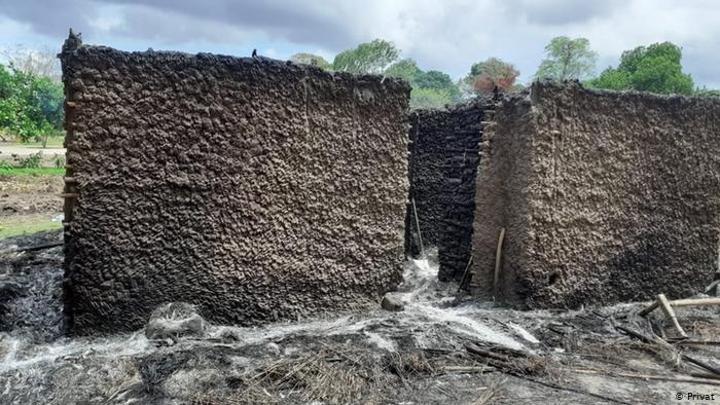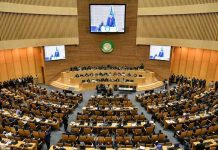Africa-Press – Mozambique. A total of 9,000 former soldiers from Mozambique’s liberation struggle have been without pensions for two years in districts affected by attacks by armed groups in Cabo Delgado, in the north of the country, the government announced.
“The war is the cause of suffering of [former] combatants in Cabo Delgado, who do not receive pensions because the terrorists destroyed the banks where they withdrew them monthly,” said Carlos Siliya, Minister of Combatants.
The 9,000 former combatants without pensions are from the districts of Palma, Nangade, Muidumbe, Mocímboa da Praia and Macomia, all affected by armed violence in the province.
According to the minister, as well as pensions, the former combatants lost documents, goods and bank cards during their flight following the attacks, and some are “scattered across several provinces of the country as displaced persons.
On the occasion, the Government said it is working so that the ex-combatants receive their pensions in the places closest to where they now live.
The aim is to find as soon as possible “a solution” that allows them to receive pensions again, said Carlos Matsinhe, spokesman for the Ministry of Combatants.
According to figures from the ministry, Cabo Delgado province is home to around 45,000 former combatants.
The armed conflict between military forces and insurgents in Cabo Delgado has caused over 3,100 deaths, according to the ACLED conflict registration project, and over 817,000 displaced people, according to the Mozambican authorities.
Since July, an offensive by government troops with support from Rwanda later joined by the Southern African Development Community (SADC) allowed for an increase in security, recovering several areas where there was rebel presence, including the town of Mocímboa da Praia, which had been occupied since August 2020.






